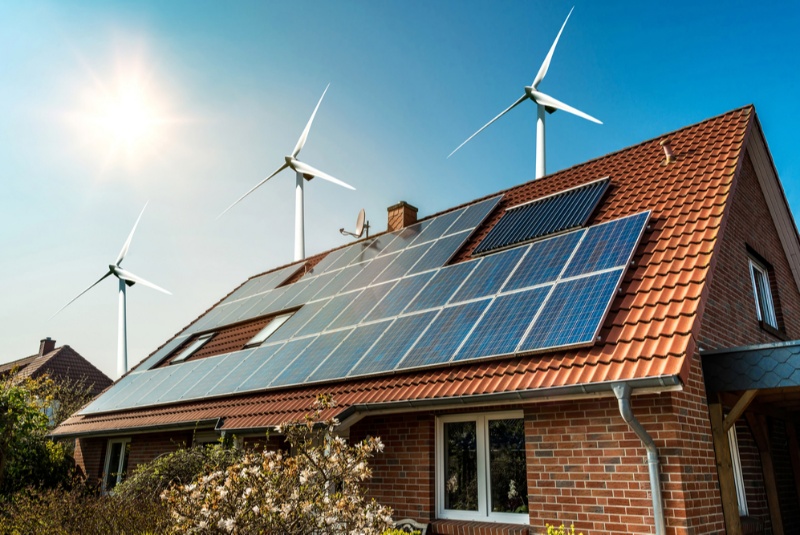The shift towards renewable energy sources is no longer just an environmental imperative but a savvy economic move as well. Solar panel systems stand at the forefront of this transition, offering a sustainable way to reduce energy costs and lower carbon footprints. However, venturing into the solar energy landscape necessitates a discerning eye for quality and value. This guide aims to help you navigate the nuances of purchasing a solar panel system that meets your unique needs while maximizing benefits.
Understand Your Energy Requirements
Before you set out to buy a solar panel system, it’s essential to gauge your energy needs accurately. Start with scrutinizing your electricity bills to ascertain your average monthly consumption. Use this data to find a system with a generation capacity that matches or exceeds your usage patterns. It's generally a smart choice to opt for a system that can cater to your peak energy demands, ensuring you have a sufficient power supply during high-consumption periods.
Evaluate the Quality of Solar Panels
Quality should be a non-negotiable criterion when buying solar panels. The two prevalent types of solar panels are monocrystalline and polycrystalline. Monocrystalline panels, with a higher efficiency rate and a sleek black appearance, generally come with a steeper price tag. Polycrystalline panels, on the other hand, are more affordable but offer slightly lower efficiency. Conduct thorough research on the manufacturers and choose panels that boast excellent reviews, certifications, and warranty periods.
Inverter Quality and Compatibility
The inverter is the heart of your solar panel system, converting direct current (DC) generated by the panels to alternating current (AC) usable in your home. Two main types of inverters are available: string inverters and microinverters. String inverters are cost-effective and suitable for systems without shading issues, while microinverters, though pricier, offer higher efficiency and individual panel monitoring. Ensure your inverter is compatible with your chosen panels and meets the necessary quality standards.

Roof Condition and Orientation
Your roof's condition and orientation significantly influence the efficiency of a solar panel system. South-facing roofs in the northern hemisphere and north-facing roofs in the southern hemisphere are generally ideal for solar installations. Ensure your roof is in good condition to support the weight of the panels and facilitate optimum energy generation. If necessary, consider roof repairs or reinforcement before the solar panel installation.
Local Climate and Solar Insolation
Understanding the solar insolation — the amount of solar radiation reaching your location — is crucial in determining the potential efficiency of your system. Regions with high solar insolation will naturally derive more energy from solar panels. Incorporate this factor into your system design to ensure you choose panels that can perform optimally in your local climate.
Regulatory Compliance and Incentives
Familiarize yourself with the local regulatory landscape surrounding solar energy systems. Many regions offer incentives, subsidies, or tax breaks to promote solar energy adoption. Moreover, understanding the grid-tie regulations, if you plan to connect your system to the grid, is vital to avoid future complications.
Installation Expertise
Choosing the right installation team is just as critical as selecting high-quality components. Look for certified and experienced installers who can ensure a smooth, safe, and efficient installation process. Ask for references, read reviews, and don’t hesitate to interview potential installers to gauge their expertise and reliability.
Cost-Benefit Analysis
Finally, undertake a comprehensive cost-benefit analysis to ascertain the financial viability of your investment. Consider the initial setup costs, potential savings on energy bills, and the system's lifespan. Moreover, factor in the possible appreciation of your property value with the addition of a solar panel system.
Navigating the intricate landscape of solar panel system procurement can be a daunting task. Yet, with meticulous planning and an understanding of the critical factors like energy requirements, panel and inverter quality, roof condition, local climate, regulatory compliance, and installation expertise, you can make an informed decision. Remember, the goal is to build a system that not only caters to your energy needs but serves as a long-term investment offering substantial returns. Armed with this guide, you are now equipped to make smart choices on your journey to solar energy adoption.


